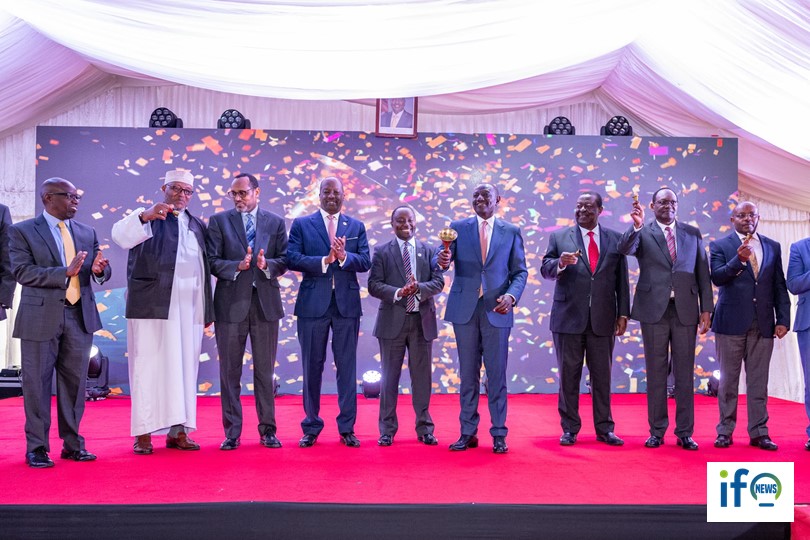
Islamic Finance in Kenya: A New Dawn for Economic Development
Kenya is witnessing a transformative moment in
its financial landscape, with two significant developments poised to
significantly impact the economy: the listing of the country's first Islamic bond
on the July 31, 2024, Linzi Sukuk, and President William Ruto's call for a
comprehensive regulatory framework to support the growth of Islamic finance.
These developments are particularly timely as Kenya seeks investment
opportunities to bolster its economy. The Islamic finance industry presents
excellent potential for economic development in Kenya.
The Significance of Linzi Sukuk, the First Shariah-Compliant Product to be
Listed on NSE
The listing of Linzi Sukuk on
the Nairobi Securities Exchange (NSE) marks a historic milestone for Kenya.
This 3-billion-shilling ($23 million) Islamic bond is the first
Shariah-compliant product to be admitted to the NSE's Unquoted Securities
Platform (USP). With a maturity period of 15 years and an internal rate of
return of 11.13%, Linzi Sukuk aims to provide affordable housing solutions
while offering attractive investment returns.
President Ruto highlighted the
importance of this listing, emphasizing that it promotes financial inclusion
and broadens market access. He enthusiastically announced:
"Today, we are launching a product in
Islamic finance, put together by the Nairobi Stock Exchange to facilitate
public housing. That is the essence of public-private partnership. We are using
private funds to deliver public housing. It is the model that will leverage
more resources beyond what the government can do. That private money can
facilitate public housing. In this particular aspect, our security forces will
benefit from the housing that is going to be constructed using the resources that
we are raising using this Sukuk bond."
The Sukuk's structure not only
facilitates homeownership for Kenyans by allowing monthly payments as low as
Sh7,700 over 15 years but also represents a scalable model for investment in
affordable housing. This initiative aligns with the global shift towards stable
and robust economic growth, unlocking Islamic financial assets valued at
approximately $5 trillion.
A Call for Regulatory Framework
During the listing of Linzi
Sukuk, President Ruto directed financial regulators to collaborate with the
Treasury and Islamic finance stakeholders to develop a regulatory framework
that supports the growth of Islamic finance in Kenya:
"I asked our financial regulators to
collaborate with the national treasury and Islamic finance stakeholders to
develop a robust regulatory framework that will support the growth of Islamic
finance in Kenya."
This move underscores the
government's commitment to integrating Islamic finance into the country's
economic development strategy.
President Ruto emphasized that Islamic finance has the potential to unlock investment resources and boost economic growth. He noted that a flexible regulatory framework is crucial for supporting Small and Medium Enterprises (SMEs) in raising funds through capital markets. The Unquoted Securities Platform at the NSE now includes an SME capital-raising platform, which is expected to facilitate this process.
The Potential of Islamic Finance in Kenya
Islamic finance offers several
particularly relevant benefits for Kenya's current economic situation. Firstly,
it provides an alternative funding source that adheres to ethical and socially
responsible principles. This is appealing not only to Muslim consumers but also
to non-Muslims who prioritize ethical investments.
Secondly, the principles of
Islamic finance, which prohibit interest payments and emphasize risk-sharing,
can lead to more stable and resilient financial systems.
Moreover, including
Shariah-compliant financial products can attract a broader range of investors,
including those from Muslim-majority countries. This can enhance foreign direct
investment and provide much-needed capital for infrastructure projects and
other developmental initiatives.
Understandably, President Ruto stressed that Islamic finance has "tremendous potential to unlock our investment resources and boost our economy."
Challenges and Solutions
Despite its potential, the
growth of Islamic finance in Kenya faces several challenges. One of the main
challenges is ensuring the integrity and authenticity of Shariah-compliant
products. This requires robust regulatory frameworks and constant monitoring to
ensure compliance with Islamic principles. Hence, President Ruto called on
stakeholders saddled with the responsibility to develop the Islamic finance
industry in the country to:
"fashion a framework that will provide
accountability and stability and a framework that will support this
endeavour."
Additionally, there is a need for greater awareness and education about Islamic finance among both consumers and businesses. The government, financial institutions, and other stakeholders must work together to provide information and resources to help the public understand the benefits and mechanisms of Islamic finance.
Regional Developments in Islamic Finance
Kenya's advancements in
Islamic finance are part of a broader trend in the Horn of Africa. The region
has seen significant developments, including the opening of the first Islamic
bank (Salaam Bank) in Uganda (March 2024), the fourth edition of the Islamic Finance Tour Africa in Djibouti
- IFT Djibouti (June 2024), and the
annual meeting of the Islamic Financial Services Board (IFSB) in Djibouti (July
2024). These events highlight the increasing traction of Islamic finance in
East Africa, supported by regulatory advancements and government initiatives.
The Islamic finance industry
has been gaining momentum in East Africa, just like in the rest of the
continent. Neighbouring countries have recognized its potential to drive
economic growth and financial inclusion. Therefore, creating favourable
environments for Islamic finance to thrive will ultimately attract both local
and international investors.
Undoubtedly, the listing of
Kenya's first Islamic bond and the government's commitment to developing a
supportive regulatory framework are significant steps towards integrating
Islamic finance into the country's economic development strategy. These
developments, coupled with regional advancements in East Africa, highlight the
growing importance of Islamic finance in promoting financial inclusion,
attracting investment, and driving economic growth. As Kenya navigates its
economic challenges, Islamic finance offers a promising avenue for sustainable
and ethical financial solutions.
IFMAG

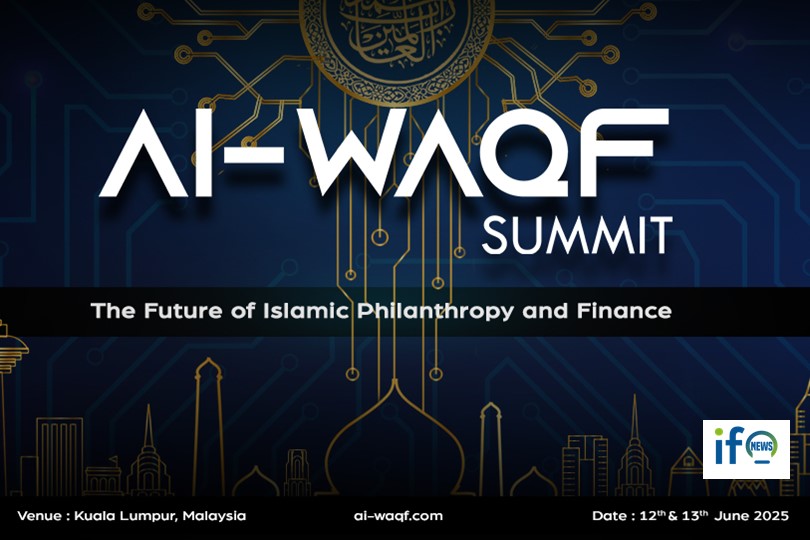
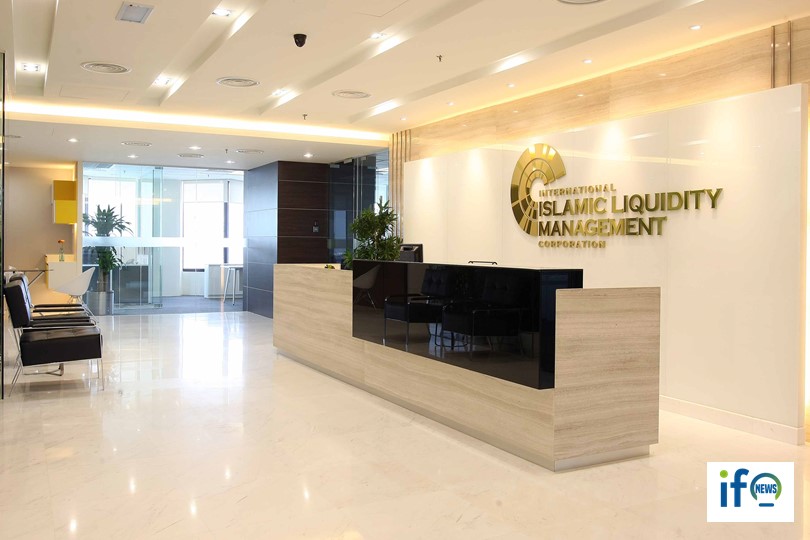
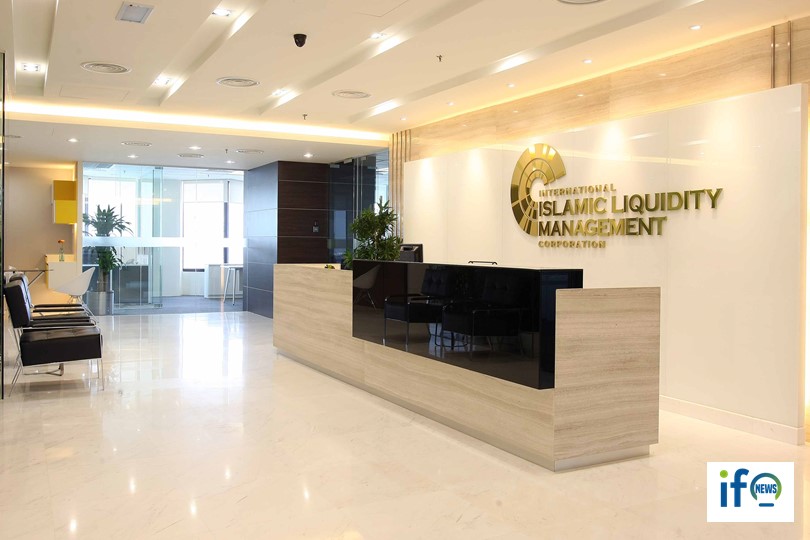
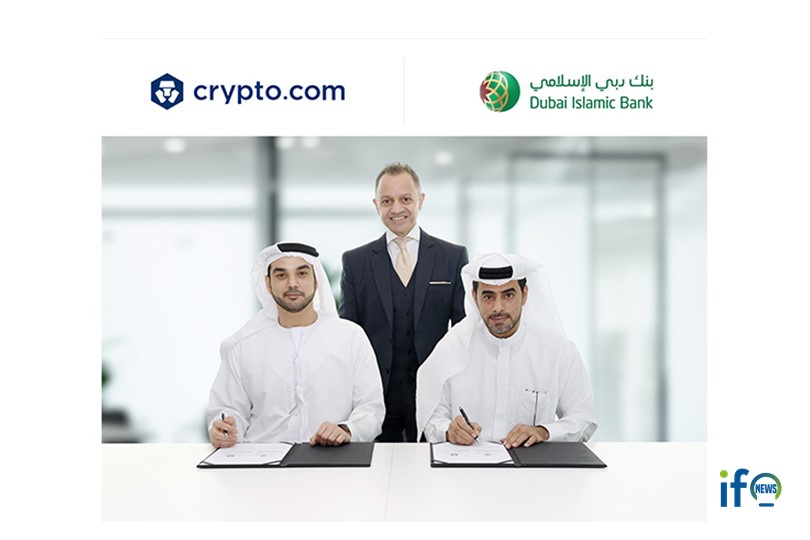
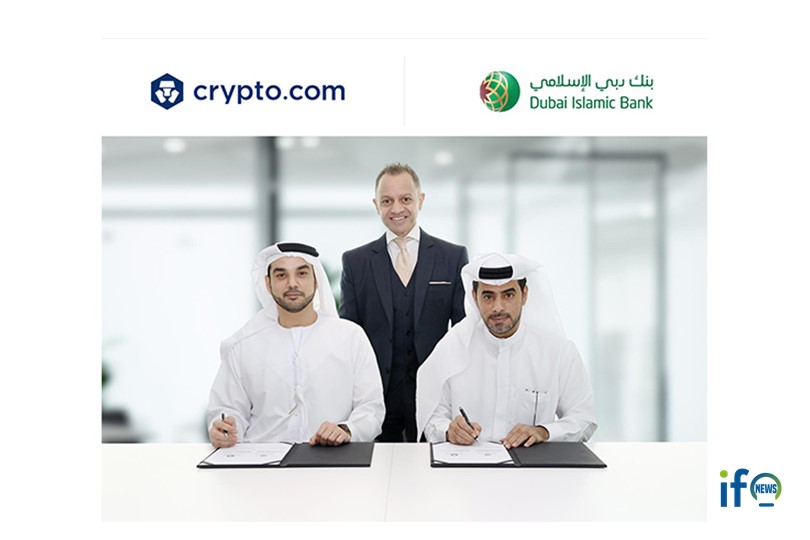
Aucun commentaire pour cet event,
Soyez le premier à commenter